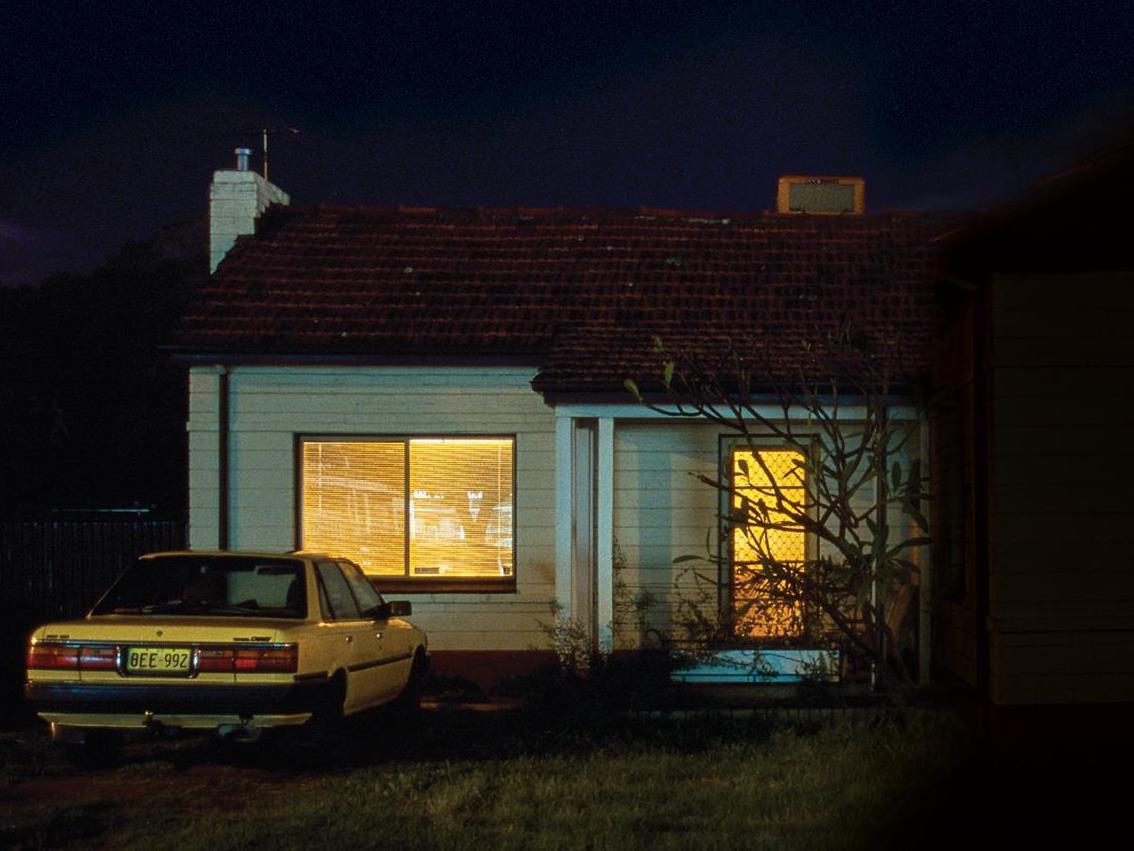Felicity Castagna’s No More Boats. Book cover image via Giramondo.
Much of the action in this novel takes place in Parramatta and other parts of Sydney during 2001. This is the year of the Tampa affair, named after a ship that rescued a boatload of refugees, none of whom are allowed into Australia. It is the year that asylum seekers on another ship allegedly threw their children into the ocean to attract rescuers (they did not). In the same year, Al-Qaeda hijackers destroyed the World Trade Centre in New York. Towards the end of this same year, the Howard government is re-elected in Australia, possibly because of its stance against asylum seekers arriving by boat.
In No More Boats, a novel that has been shortlisted for this year’s Miles Franklin Literary Award, an award that is supported by the Copyright Agency and delivered by Perpetual as trustee, Felicity Castagna tells the story of a working-class migrant family’s activities in this turbulent year, and also gives us some of their personal backstories.
The main character is Antonio Martone who, like Castagna’s father, came to Australia by boat. Antonio becomes a successful builder and is, at least for a while, happily married to Rose, herself the daughter of a frustrated migrant. Both of them had traumatic experiences before their marriage. By 2001 their older child, Clare, is no longer living at home and their son, Francis, who is in his early twenties, wishes he wasn’t. By now Rose and Antonio have a patchy relationship and neither of them are close to their children.
Much of the novel follows Francis, a young, poorly educated man typical of that era, spending his days and nights with his mates, who are also the children of migrants. In the process Castagna evokes some of the political and social background described in the opening paragraph of this review. Readers not familiar with that period, however, may wish Castagna had sketched it in more fully, although she does a masterful job describing a speech by Philip Ruddock, a well known Liberal Party member of parliament.
We also learn about Clare’s life, career and friendships. Like her brother and mother she has little interest in the politics of the time, or in the fate of the migrants attempting to come to Australia by boat, although Clare is very interested is in what her father does about it.
Castagna does well in capturing the mood of the time and the attitudes of many Australians to immigrants. One of Clare’s friends shows her a typical letter sent to the editor of a newspaper:
I am not a racist. My dentist is Chinese and our favourite local butcher is from Korea. I even have an Italian obstetrician … We can’t let everyone in. Look what’s happening with all those Muslim boys harassing white girls because they’ve got no respect for women.
Antonio becomes involved in the debate about whether people seeking refuge by unauthorised boat arrival should be allowed into Australia. That may be because of his enforced retirement from work as a builder and his physical injuries leave Antonio depressed. Whatever the reasons, he becomes convinced that Australia should protect itself from an influx of asylum seekers arriving by boat and takes some dramatic action to demonstrate his views. The result fuels public debate and causes turmoil in his family.
From the first few pages of this novel the reader is left in no doubt about Castagna’s views on Australia’s immigration policy. However, this novel is not a lecture on the subject, nor is it strident. By telling a story of ordinary people who happen to be migrants or their children she tellingly explores the perversity of human nature.
Rating: 4 stars ★★★★
No More Boats
By Felicity Castagna
Giramondo Publishing
234pp
ISBN 9781925336306
$26.95 AU
Published June, 2017






